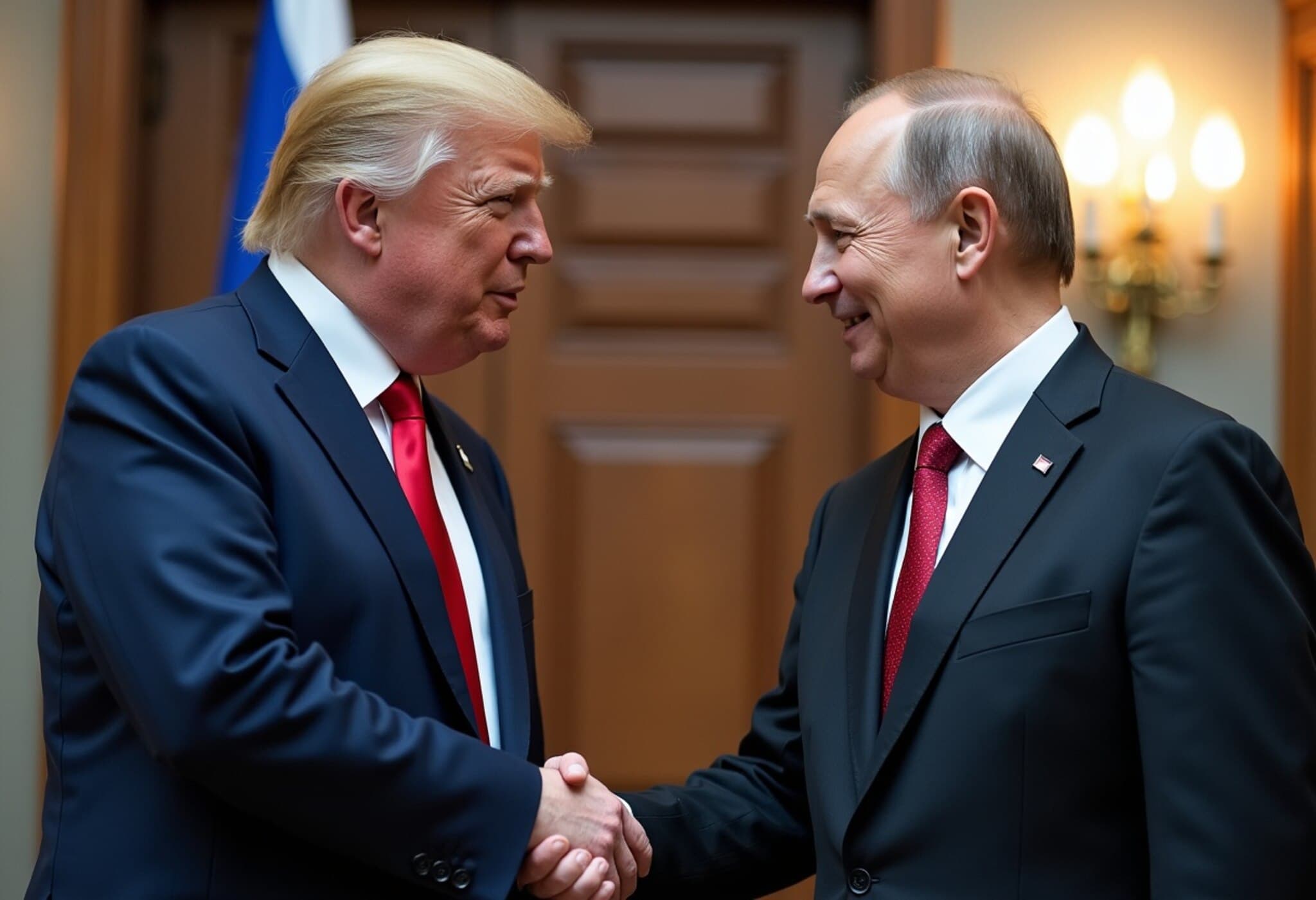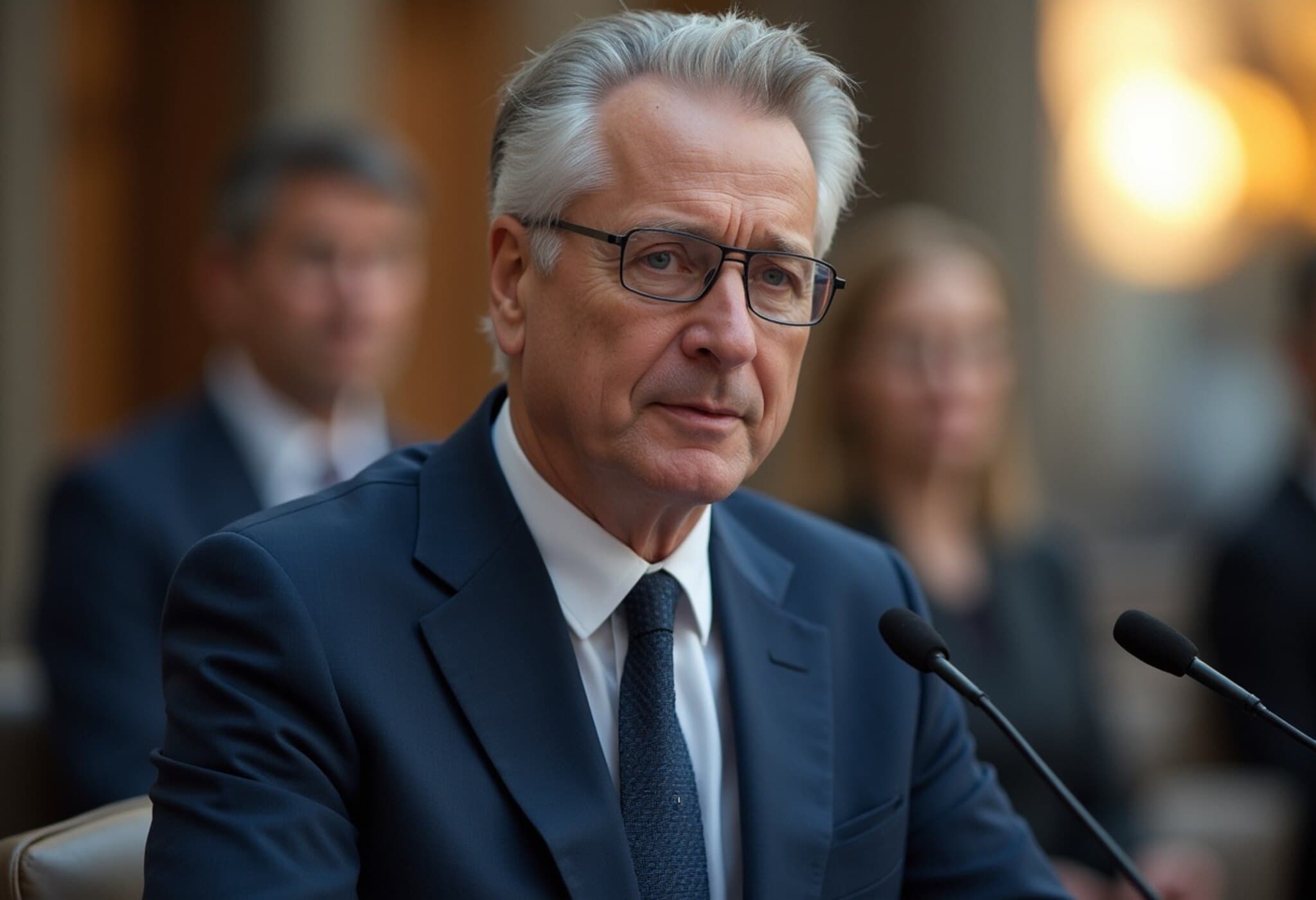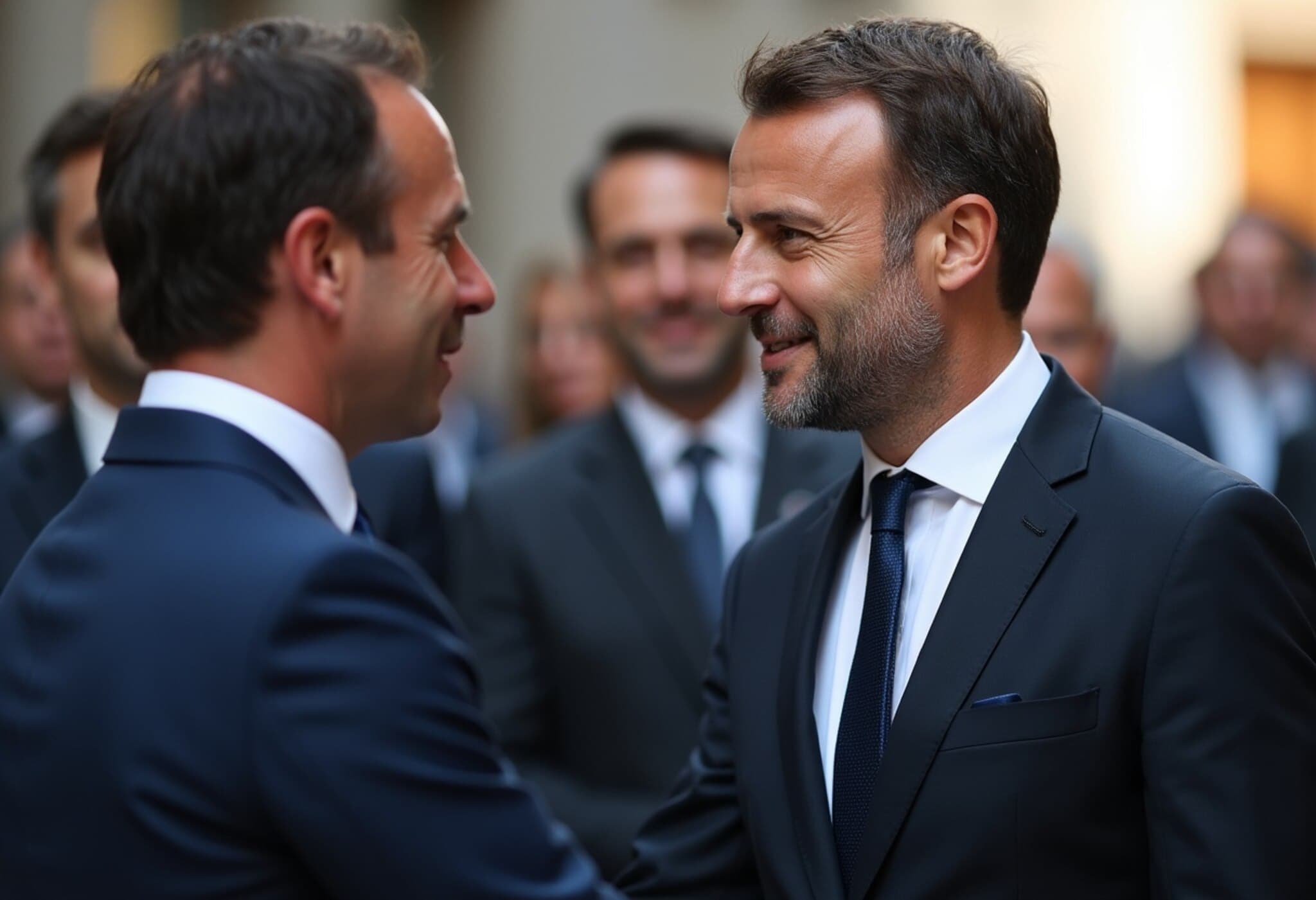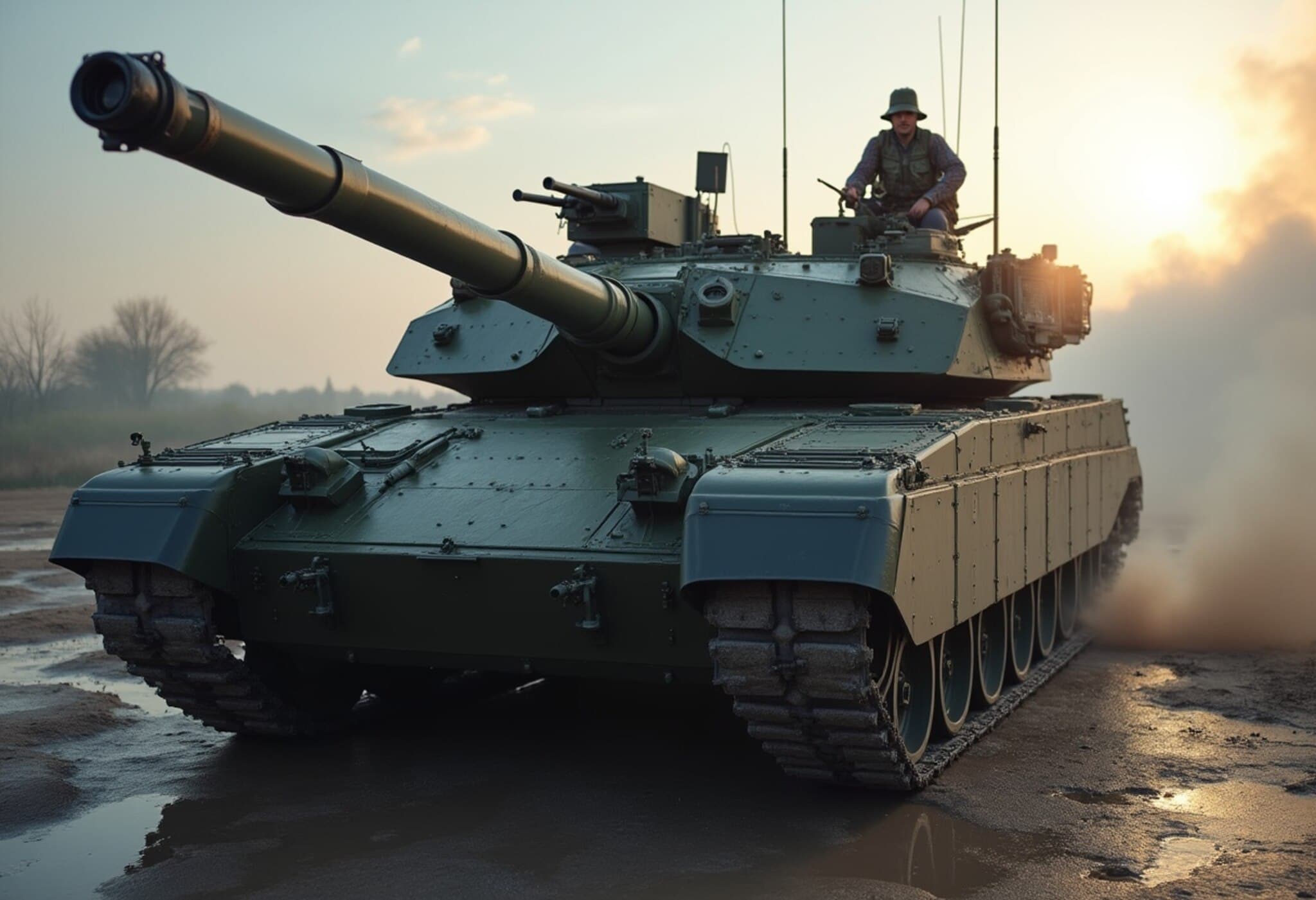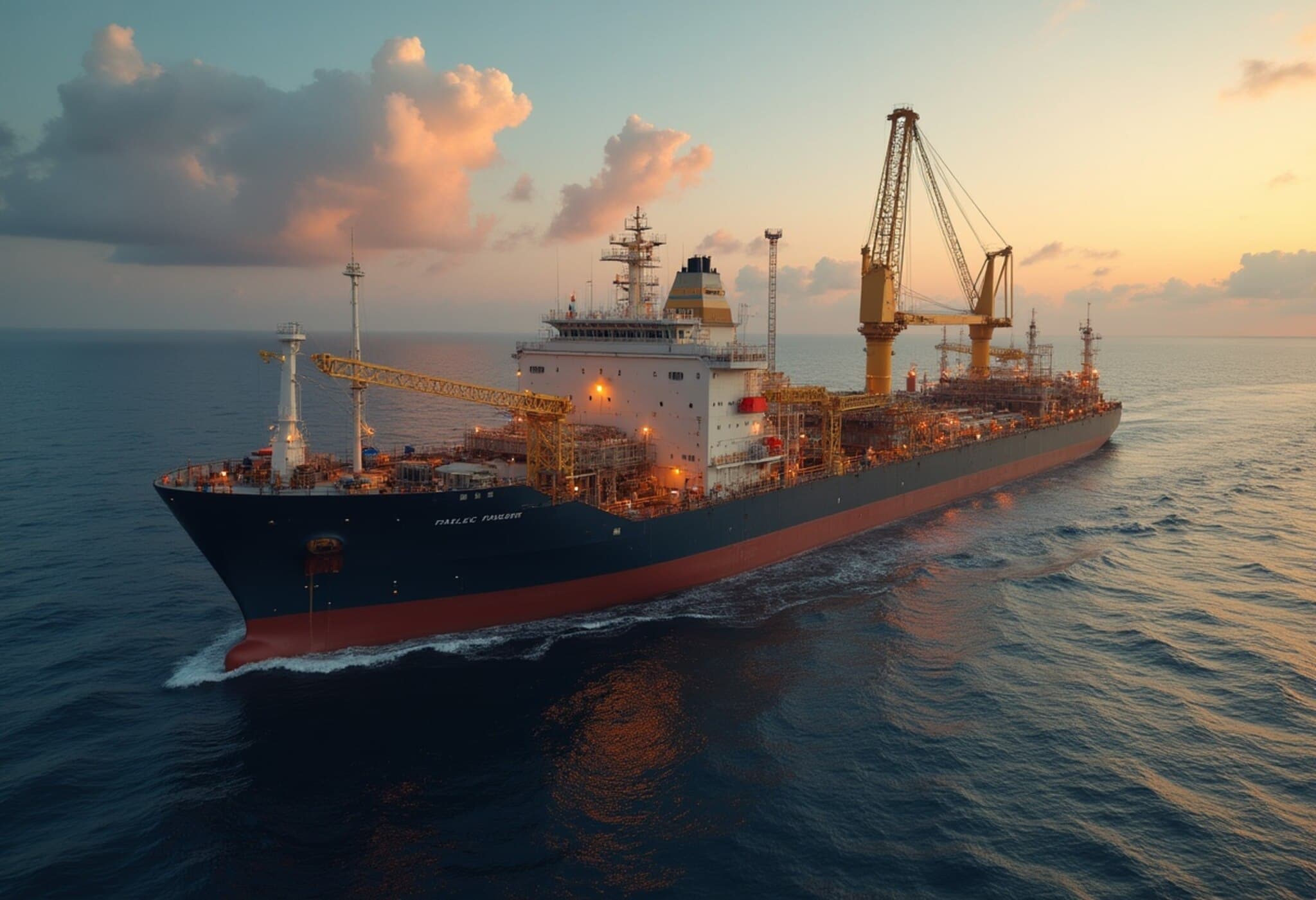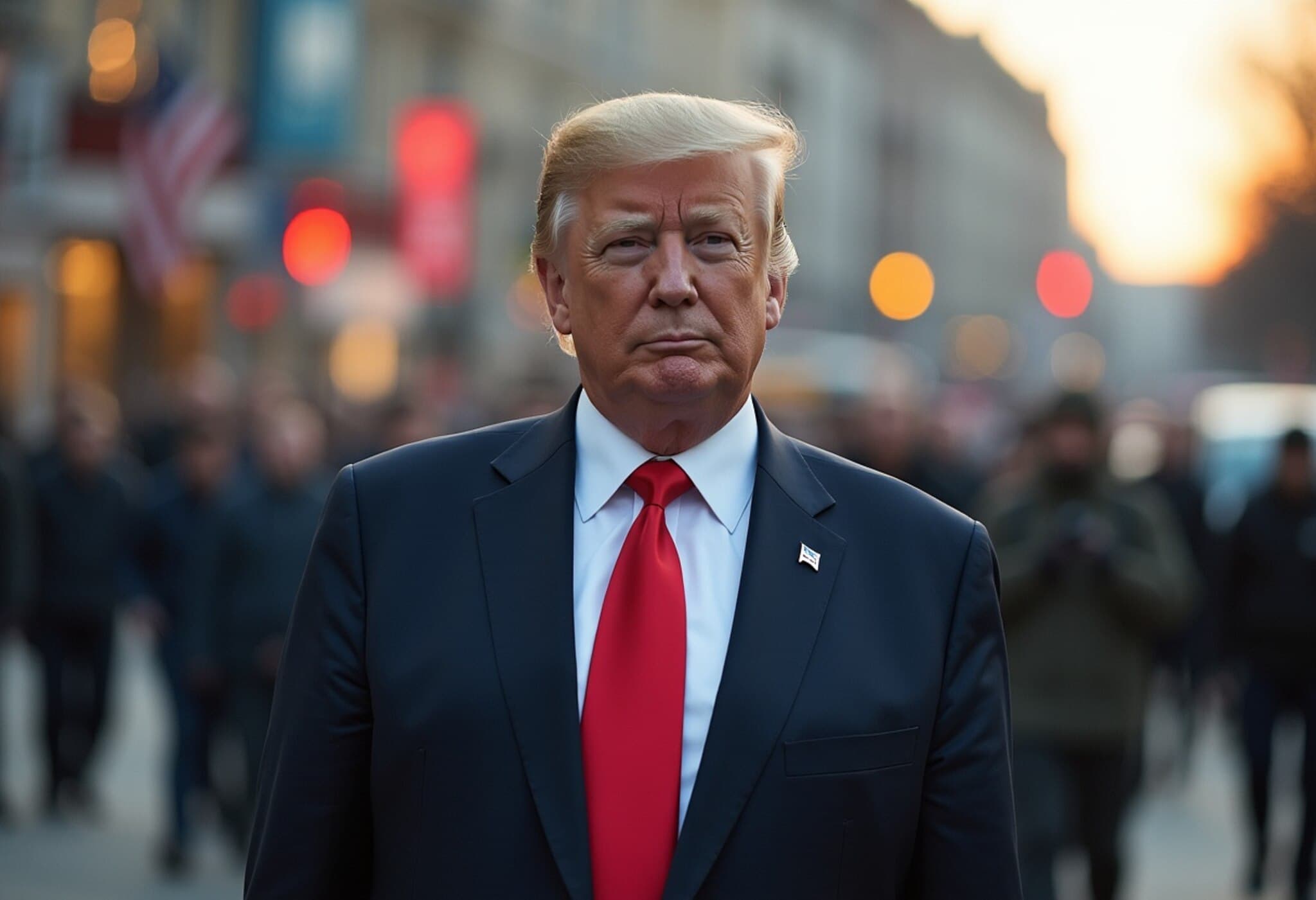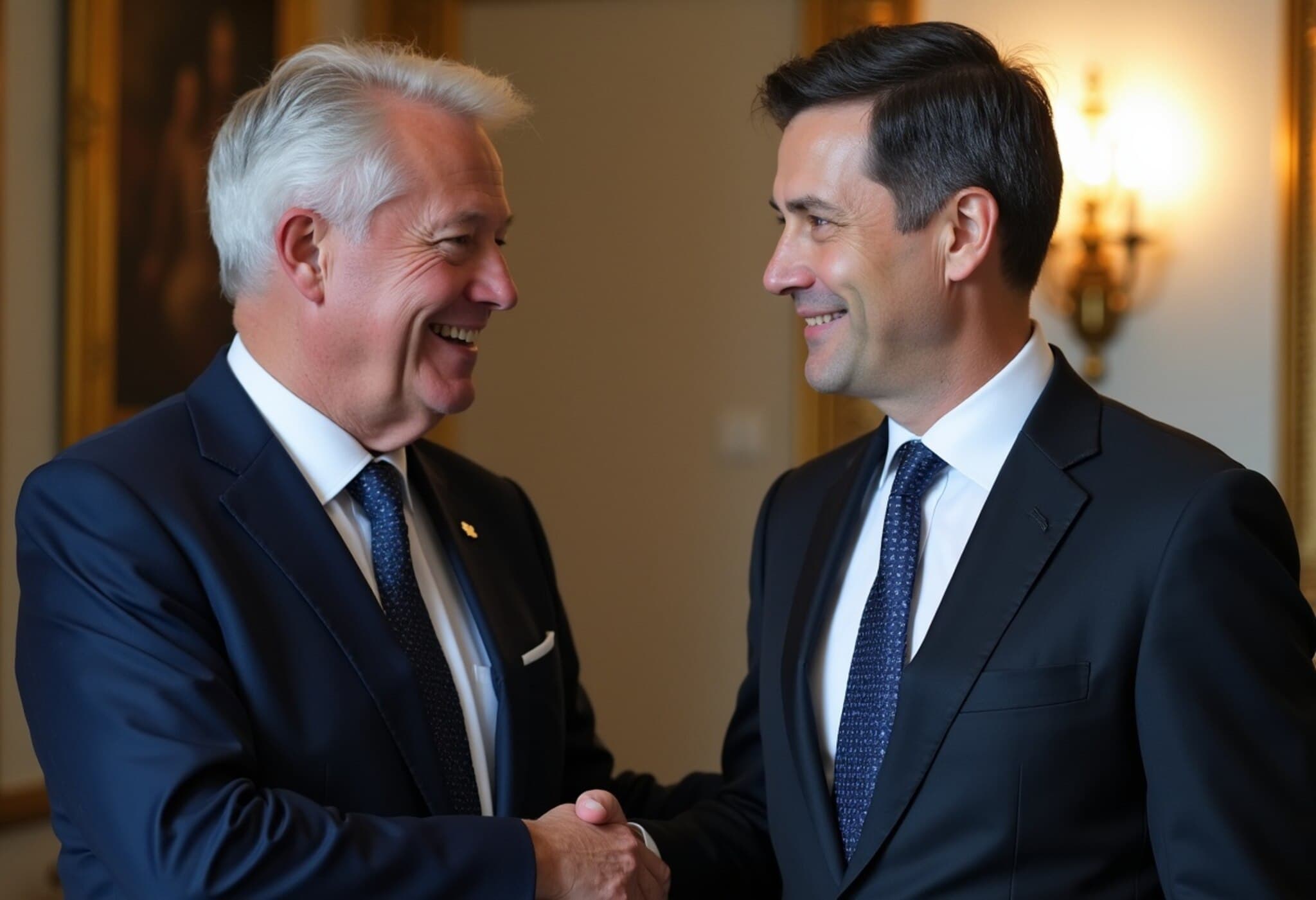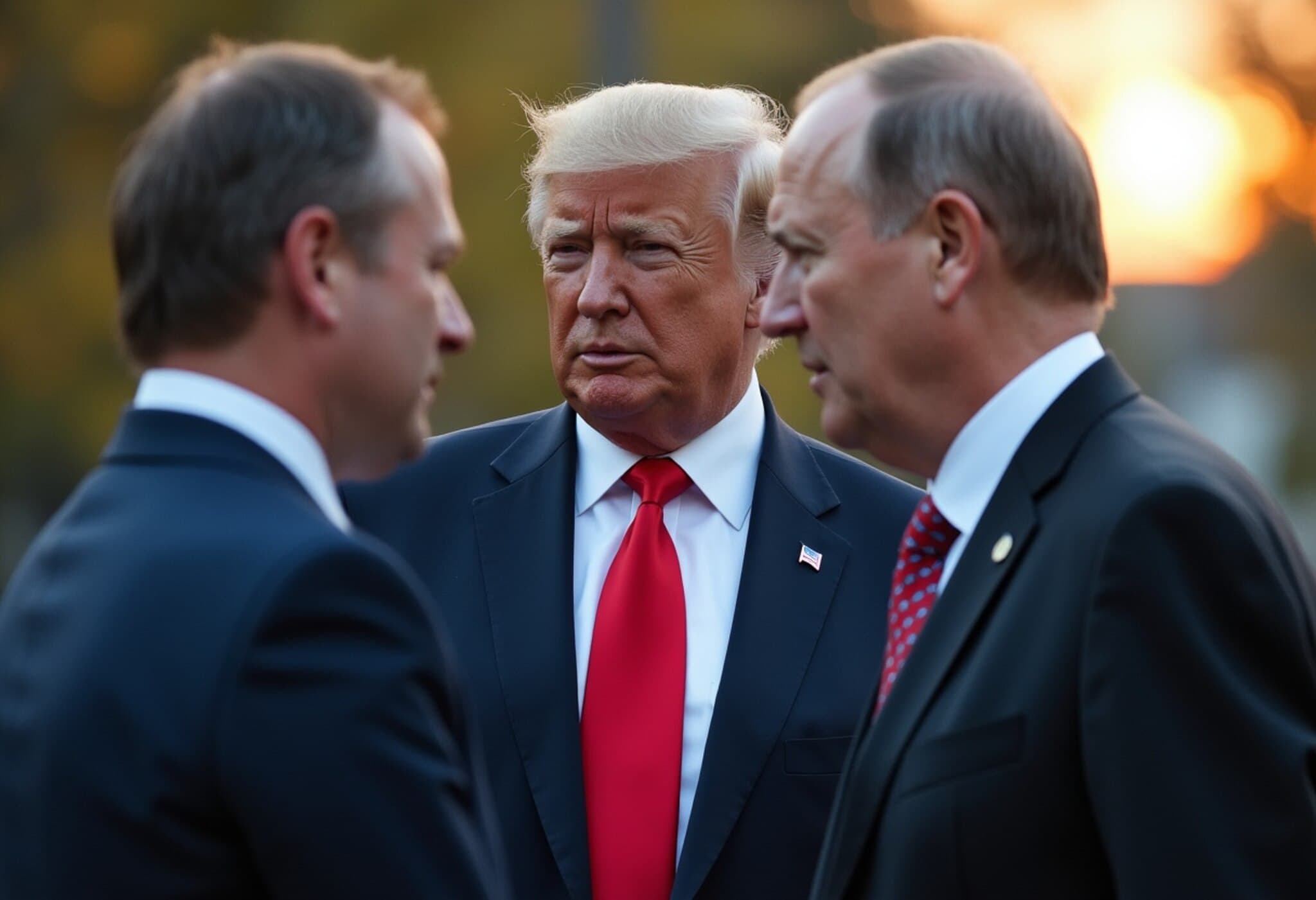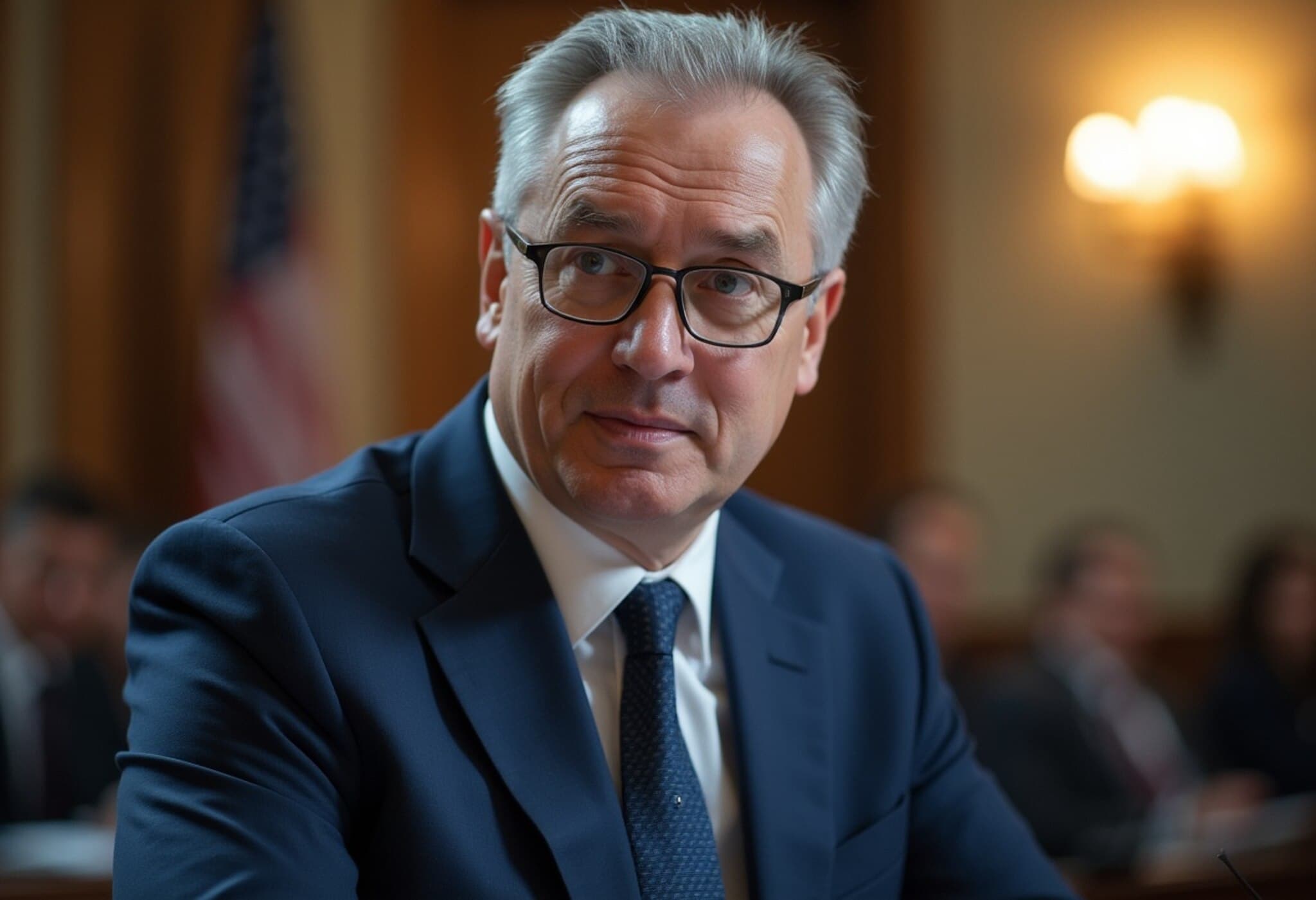EU Calls on Trump to Safeguard Security Interests Ahead of Putin Summit
As President Donald Trump prepares to meet Russian President Vladimir Putin this week for a highly anticipated summit, European Union leaders are voicing strong concerns and urging the US to firmly defend European security interests, especially regarding the ongoing conflict in Ukraine.
Excluding Europe from Key Ukraine Peace Discussions
Following months of tension over Ukraine's sovereignty, the EU finds itself sidelined as the US and Russia arrange direct talks. The upcoming meeting, set for Friday in Alaska, will focus on the four-year-long war but is notable for the conspicuous absence of both European Union representatives and potentially even Ukraine itself.
European leaders, wary of a peace deal brokered without their input, emphasize that any lasting resolution must include Ukraine’s voice. They fear a settlement struck behind closed doors risks legitimizing Russian territorial gains and undermining the European security framework.
Trump’s Stance Sparks Uncertainty Among Allies
President Trump has publicly suggested Ukraine may need to relinquish some territory to Russia as part of a peace arrangement, signaling acceptance of land swaps. This position has caused unease among Western allies, who view such concessions as dangerous precedents that could embolden further Russian aggression.
Meanwhile, Trump criticized Ukrainian President Volodymyr Zelenskyy for perceived inaction during the conflict, contrasting it with Putin’s longstanding and decisive leadership. These remarks have complicated US-European relations and raised questions about Washington’s commitment to Ukraine’s sovereignty.
Ongoing Conflict: Military Pressure Intensifies in Donetsk
As diplomatic maneuvers unfold, military hostilities continue unabated. Russian forces are reportedly making significant advances near Pokrovsk, in the Donetsk region, threatening to capitalize on a critical battlefield victory prior to the summit.
According to defense analysts monitoring the situation via open-source intelligence, the next 48 hours are crucial. The capture of Pokrovsk would not only bolster Moscow’s leverage but also disrupt Ukrainian supply lines, complicating Kyiv’s defensive operations in a vital region.
EU Statement Emphasizes Legal and Moral Grounds for Peace
In a joint declaration issued Tuesday, EU leaders welcomed efforts to end “Russia’s war of aggression against Ukraine” but stressed that peace must respect international law, sovereignty, and territorial integrity. They reinforced that any border changes imposed by force are unacceptable under established international principles.
Notably, Hungarian Prime Minister Viktor Orbán, a known ally of Putin within Europe, refrained from endorsing the statement, highlighting ongoing divisions within the EU itself regarding the conflict.
Geopolitical Context: Alaska as a Meeting Venue
Trump’s summit with Putin in Alaska also carries historical symbolism. The state was once Russian territory before its sale to the United States in 1867. This backdrop adds an intriguing layer to the dialogue between the two leaders amid a larger struggle over influence in Eastern Europe.
Looking Ahead: Can Europe Align with US Strategy?
German Chancellor Friedrich Merz plans to convene virtual meetings with EU leaders to rally support for Ukraine and encourage Trump to maintain a firm stance against Russian expansionism. Whether this can shift the dynamics ahead of the summit remains uncertain.
Despite the external pressures, Europe’s underlying anxiety is clear: allowing Putin to dictate terms without meaningful European or Ukrainian participation risks destabilizing the continent’s security architecture and could set dangerous precedents for future aggressions.
Expert Analysis
From a policy perspective, this moment underscores the complex balancing act between diplomacy and deterrence. The EU’s insistence on involving Ukraine aligns with American and European legal commitments and international norms, yet the US’s willingness to entertain territorial concessions reflects an attempt at realpolitik that risks alienating allies.
Economically, a premature settlement may influence energy markets and trade flows, especially given Russia’s use of energy leverage in past years. Strategically, Europe must weigh its unity and long-term security—critical as the continent faces geopolitical shifts and emerging challenges in the transatlantic alliance.
Editor’s Note
The upcoming Trump-Putin summit puts the spotlight not only on a war that has devastated Ukraine but on the broader questions of European sovereignty and transatlantic solidarity. As the EU grapples with internal divisions and external threats, the world watches how diplomacy might restore peace without compromising principles or emboldening aggression. Will the US-led talks help build a durable peace, or will sidelining Europe and Ukraine deepen fractures in global governance?

